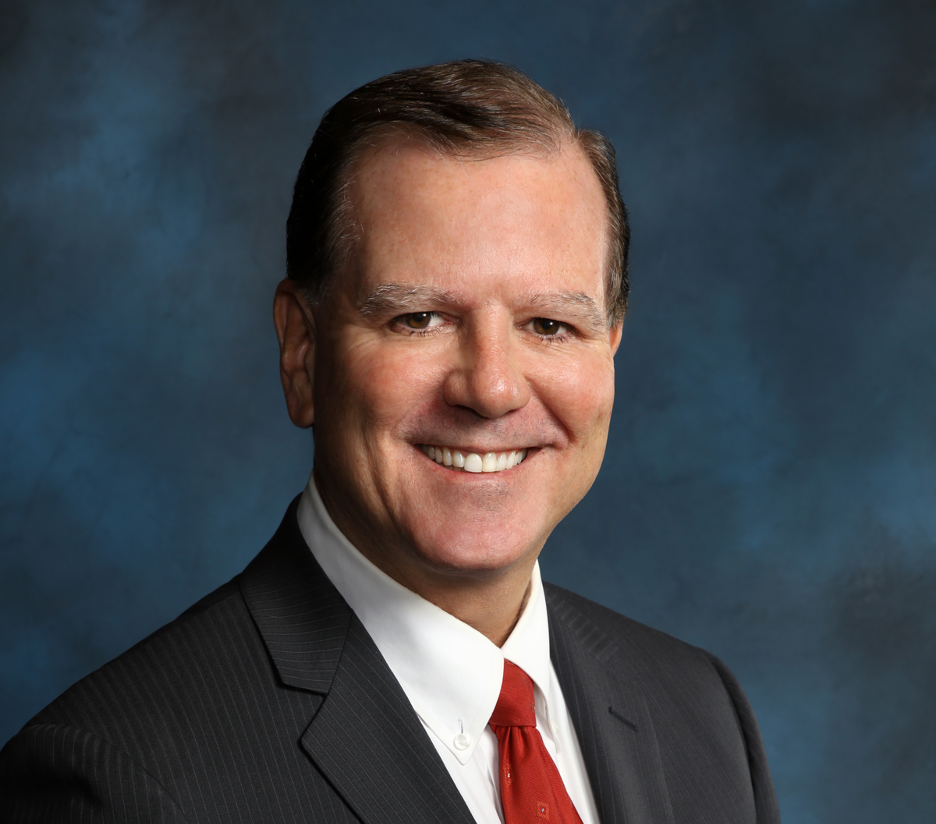TAKNG THE PRIVATE GOLF CLUB MARKET’S PULSE
Pandemic spurred growth — underlying issues still resonate
Interview with Matt Ward
***
BACKGROUND:
Dr. Jim Butler is the Chief Executive Officer of Club Benchmarking. Club Benchmarking is the leading Club analytic and business intelligence company in the world, specializing in country clubs, golf clubs, yacht clubs, and dining/city clubs.
He is a Certified Club Manager with the Club Managers Association of America, a former Golf Course Superintendent member, and a Professional Golfers Association member. His education includes an undergraduate degree in chemistry, a golf course maintenance operations degree, an MBA in real estate development and finance, and a doctorate in Hospitality.
***
THE BUTLER STORY:
I became the CEO of Club Benchmarking in 2017. Club Benchmarking is the leading Club analytic and business intelligence company in the world, specializing in country clubs, golf clubs, yacht clubs, and dining/city clubs.
Prior to Club Benchmarking, I was the General Manager of Grey Oaks in Naples Florida for 17 years. Grey Oaks has been consistently recognized as one of the premier residential communities and country clubs in the world. I oversaw the country club, two master property owners’ associations, a property management company, and an irrigation company.
With my team, the club sold out both the residential property and the membership resulting in a property valued at over $2 billion dollars. I held the titles of President, Chief Operating Officer, and Chief Financial Officer for the various business units. Prior to Grey Oaks, I was the COO for The Forest Country Club in Ft. Myers Florida and had a similar experience over 18 years. I have extensive experience in all facets of Club operations.
I have always believed in education and have “gone to school” for most of my adult life. Each of my employers believed in education and supported my career development throughout my endeavors — as did my family!. I am lucky enough to be a PGA member, hold a turf grass degree, be a certified Club manager (CCM), and a former Community association manager in Florida. Additionally, I have an MBA in real estate development and finance, and a doctorate in Hospitality.
I believe the combination of both academics and real life experiences would allow me opportunities in the Club world, so when I saw Club Benchmarking and the possibilities of using data through the club, I was sold and approached the company with a business concept to expand on their great work.
***
You wake up in the morning — what’s the driving passion?
Make the industry better. So much of the private club world is misunderstood because it is a not-for-profit business model which is different than a for-profit business model. Our passion is to help educate the Industry while discovering and learning along the way.
It’s clear the USA is now moving rapidly towards a post pandemic situation — what’s your assessment on how private clubs fared during the entire affair?
We have enough data to say the median club with golf did better in 2020 than they did in 2019. The median net operating income for clubs with golf was 3% better during 2020, while the capital income rose 4% at the median. The data is clear for clubs with golf that 2020 was a very good year financially. For city clubs with hotel rooms in metropolitan areas, 2020 was a very challenging year as a result of the travel restrictions and many cities closing down.
Private golf clubs are going through a clear transition from the Baby Boomer generation to Millennials. How smoothly is that transition happening from the ones you have been involved with?
For private golf clubs, the next generation is actually Generation X which is the generation between the boomers and the Millennials. The pandemic certainly drove the golf business as rounds were up over 35% in many cases across the country, including the Millennials and Generation X. Additionally, private clubs have transitioned to a family focus as opposed to just a male dominated basis.
The terminology of “financial sustainability” is often mentioned regarding private clubs. Define the term and what percentage of clubs from your vantage point have achieved such a position?
We believe the term financial sustainability may be defined by sustained financial growth as measured by net worth in the private clubs. We believe net worth should have an annual growth rate of at least 3.5%. 25% of the Industry is going above the 3.5% percent, while 50% is flat, and 25% are decreasing.
When assessing the financial health of a club — what metrics do you use?
The most important financial metric when evaluating a club is the net worth metric because it shows the amount of capital the members have put into the club over time and if the club is growing which is important for any club. We also like the net to gross property plant and equipment ratio (PPE ratio) which is a reflection of the asset condition in a club.
The ratio takes the gross property plant and equipment and subtracts accumulated depreciation to give a ratio. The Industry median is 46% so a ratio above 56% is best of class, and below 46% is a club that needs updating. Other ratios include the dues to revenue ratio, and the payroll to revenue ratio.
When clubs are assessing future strategic financial calculations, what are some of the minefields they need to avoid or assess properly?
Clubs are very capital intense with 80% of the assets of a private club in net property plant and equipment. Therefore, every club should have a capital reserve study that is used to develop a capital funding.
We believe capital assessments for the majority of clubs are unnecessary with proper capital planning and the basis for that planning is understanding a number of items including what the club owns, future membership growth, capital income, aspirational items, and replacement costs to name just a few. We also believe clubs need outside experts to help with this future strategic financial modeling.
A club’s governing structure plays a pivotal role — how critical is it for diversity in voices and backgrounds in such areas?
Clubs are governed by volunteer leadership for the majority of the not-for-profit private clubs, and thus it is important that the Board represents the members – young and old, long-time members and new members, male and female.
In other words, the Board should be representative of the membership. Governance is the foundation for all private clubs and the effort to educate the Board members is critical for the club’s long-term success.
How challenging is it for you to deliver the upfront news to a club when hired? Are there times when members are either truly unaware or in denial of the existing situation they face? When that happens — how do you go about moving such matters to a corrective fashion?
We usually get hired when the clubs want help in understanding the business model. Our company provides a national context of the best practices for business success. The club industry is a fragmented Industry where best practices are hard to disseminate because of each club is a small business.
Many clubs believe they are unique, but the data clearly shows the business models of clubs is the same throughout the United States. We believe in fact-based governance which starts with understanding the Industry and the business model of clubs, and then benchmarking our clients against other clubs. This allows the Board to make choices based upon the data, as opposed to using only opinions.
If you could change one thing in golf unilaterally — what would it be and why?
I would give everybody the gift of golf and the ability, time, and resources to play. Each one of us that play golf was lucky enough to learn from someone – in my case my father and a teaching professional that was a family friend. In my life, golf has given me and my family so much – I would wish that everyone could have that same opportunity – the gift of golf.
Best advice you ever received — what was it and who from?
I was a timekeeper/part counter on an automobile line in Michigan (Checker cabs) and one of the workers told me that it is our responsibility to take care of each other and that whatever I gave would come back tenfold. I have seen that payback in my life and then some, and I believe that giving to others is the way to success.
















